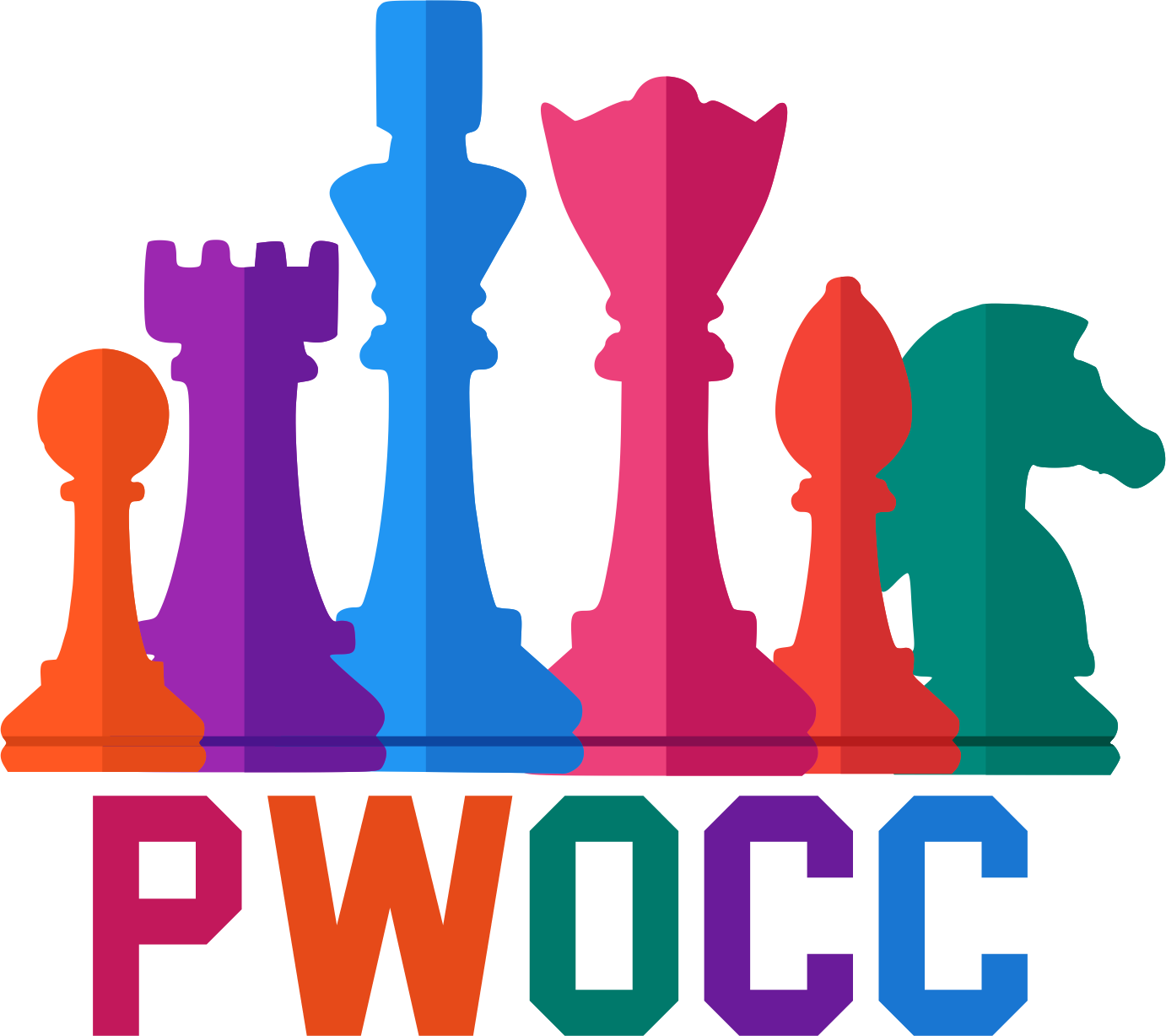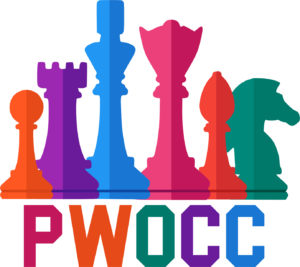The Right Way to Play Chess by D Brine Pritchard; Elliott Right Way Books
General guidance and principles for the complete beginner or novice player.
The World’s Greatest Chess Games by Graham Burgess, John Nunn and John Emms; Robinson
The companion volume. 125 pyrotechnic games by all the world champions and other great players, each annotated by a Grandmaster (John Nunn or John Emms) or International Master (Graham Burgess).
The Mammoth Book of Chess by Graham Burgess and John Nunn; Robinson
A superb introduction to chess for the more serious player. Tactics; delivering mate; the openings; attack and defence; and just about every other subject is at least touched on. BCF Book of the Year, 1997.
My System by Aron Nimzowitsch; Hays Publishing
A superb introduction to more advanced principles by one of the most famous ‘hypermodern’ players.
Restrain, blockade, destroy; overprotection; pawn chains; isolated or doubled pawns; and much more.
Illustrated by 50 games against the likes of Paulsen, Tartakower, Capablanca, Alekhine, and Rubinstein.
Chess Praxis by Aron Nimzowitsch; Hays Publishing
124 annotated games which illustrate the ‘System’ including 14 by modern GMs. Algebraic notation.
The Sorceror’s Apprentice by David Bronstein; Everyman Chess
220 games by a most entertaining player and author, consisting of 40 combinations with explanations (full games, one per page, with a discussion of the combination only); 50 games with comments; 60 games with diagrams; and 70 “picturesque” games. Algebraic notation.
Strategic Chess by GM Edmar Mednis; Dover
30 closed games annotated by a most entertaining player and author. Algebraic notation.
The World Champions Teach Chess by Yakov Estrin & Isaac Romanov; A&C Black
One article by each of the official undisputed world champions: Steinitz, Lasker, Capablanca, Alekhine, Euwe, Botvinnik, Smyslov, Tal, Petrosian, Spassky, Fischer, Karpov and Kasparov, plus Estrin (World Correspondence Chess Champion). Algebraic notation.
303 Tactical Chess Puzzles by Fred Wilson & Bruce Alberston; Sterling
100 for “advanced beginners”, 100 for intermediate players, 100 for tournament players, plus two bonus problems in each section. (Yes, that’s 306 problems). Great for train journeys. Algebraic notation.
202 Surprising Checkmates by Fred Wilson & Bruce Alberston; Dover
100 mates in one; 100 mates in two; and two mates in three. All entertaining. Algebraic notation.
Chess Tactics for Students by Bain is a one-of-a-kind instructional workbook designed to help beginners acquire the skills of strong intermediate players
Logical Chess Move By Move by Irving Chernev
Having learned how the pieces move, how exactly should a player improve? In this popular classic, the author explains 33 complete games, move by move, explaining the reason for each one.
The Road to Chess Mastery by Max Euwe
The former World Champion shows how a chess player should think, by indicating the moves for all but the most obvious moves of each game. By applying what he learns in this work the reader may, indeed, find himself travelling the road to chess mastery.
Chess Master vs Amateur by Max Euwe and Walter Meiden
Selected by Max Euwe and with commentary by the former World Champion and an amateur player, the games point out how the chess master exploits characteristic amateur errors.
The Amateur’s Mind by IM Jeremy Silman
This book takes the student on a journey and returns him to the chess board with a wealth of new-found knowledge and the promise of a significant gain in strength. Most amateurs possess erroneous thinking processes that remain with them throughout their chess lives. This book enables us to improve.
How to Reassess Your Chess: Chess Mastery Through Chess Imbalances by IM Jeremy Silman
It takes Silman’s ground-breaking concept of imbalances to a whole new level. Designed for players in the 1400 to 2100 rating range and for teachers looking for a ready-made chess curriculum, the author shares a mind-expanding journey that takes the reader through imbalance-basics, ensures that every detail of all the imbalances are mastered, and leaves the player/lover of chess with something he always wanted but never believed he could achieve: a master-level positional foundation.

